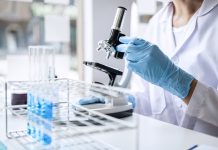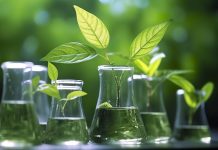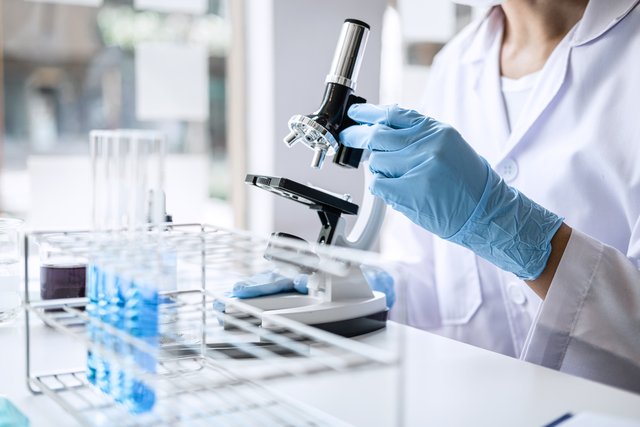Union Minister Dr. Jitendra Singh has called on state governments to set up BioE3 Cells as part of India’s push toward a robust biotechnology-driven economy.
Speaking at the Centre-State Partnership Conclave on the BioE3 Policy at Vigyan Bhavan in New Delhi, he emphasized the need for stronger collaboration between the Centre and states to advance India’s bioeconomy.
Leveraging Regional Strengths for Biomanufacturing
Dr. Singh urged states to capitalize on their unique resources and economic priorities to drive biomanufacturing growth. He highlighted the Himalayan region’s bio-resources, marine resources, and other region-specific assets as key contributors to the nation’s biotech revolution.
He credited key initiatives like Mission Mausam, funding for space startups, and the National Research Foundation (NRF) as part of the broader push for scientific and technological advancement.
BioE3 Cells: Knowledge Hubs for Biotech Innovation
To ensure the effective implementation of the BioE3 Policy, Dr. Singh urged states to establish BioE3 Cells in collaboration with the Department of Biotechnology (DBT).
These interconnected knowledge hubs will bridge the gap between national and state-level stakeholders, fostering technology adoption, policy coordination, and knowledge exchange in the biomanufacturing sector.
He also released a booklet on the Establishment of BioE3 Cells for Biomanufacturing Implementation, outlining how these cells will align biotech initiatives with each state’s specific strengths and resources while integrating them into national objectives.
Breaking Silos
Dr. Singh reiterated PM Modi’s ‘Whole of Government’ approach. He urged states to break out of silos and promote collaboration across industry, academia, and entrepreneurship.
Dr. Singh cited IN-SPACe and BIRAC as successful models that foster cooperation with the private sector. He emphasized their role in driving technological innovation and economic growth.
Biotechnology Achievements and Future Investments
Dr. Singh highlighted several key biotech advancements, including:
- The world’s first indigenous DNA vaccine developed by the Department of Biotechnology during the pandemic
- The discovery of Nafithromycin, a new antibiotic
Successful gene therapy trials at CMC Vellore
He reaffirmed India’s commitment to private sector partnerships, drawing parallels with successful collaborations in the space and nuclear sectors.
Additionally, he highlighted the latest budget’s allocation of resources for Bio Foundries and Biomanufacturing. This move demonstrates the government’s strong focus on biotech-driven economic growth.
A Unified Effort Toward a Sustainable Bioeconomy
Dr. Singh concluded by emphasizing the importance of a nationwide network of BioE3 Cells. He stated that these cells will help integrate emerging technologies, advance cutting-edge research, and promote sustainable biomanufacturing practices.
As reported by pib.gov.in, the Centre and states can drive India’s bioeconomy forward by working together. This collaboration will help position the country as a global biotechnology leader by 2047.
































